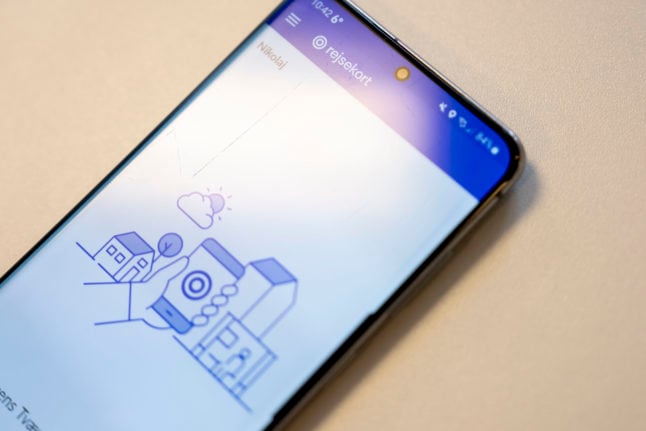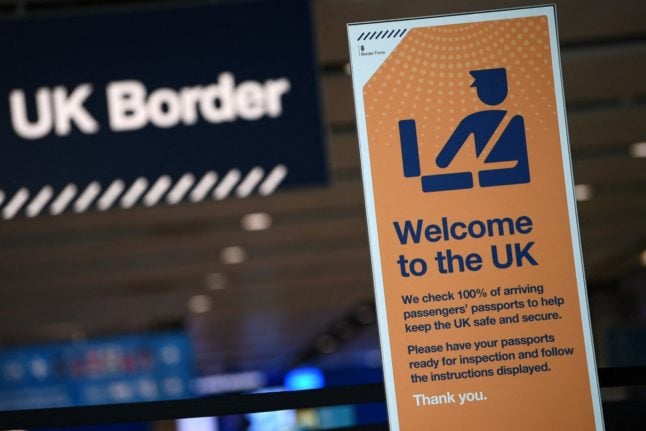The app version of the pre-paid travel card Rejsekort is fully available from today, meaning passengers aged 18 and over can check in and out of public transport journeys all over the country without having to remember the physical card or top it up.
With the app, swiping a physical card over sensors to check in and out of journeys is no longer necessary. Instead, travellers on Danish public transport will now be able to swipe on their phone to activate a valid ticket for their journey.
It was first released on a trial basis in April but the full roll-out is now going ahead despite an ongoing investigation by the Danish Data Protection Agency.
READ ALSO: How to get and use Denmark’s new Rejsekort app
The app was initially launched to a limited number earlier this year, but was beset by delays related to data privacy.
A “Smark Check-Out” function within the new app can check users out of their trains or buses automatically. This reduces the risk of overpaying a fare because the passenger forgets to check out – a not-uncommon occurrence for users of the regular Rejsekort.
But the function relates closely to the nature of the problem because the app normally tracks users between check-in and check-out, but continues to track them if they have not checked out until the automatic check-out kicks in at 4am the next day.
However, there are issues with the anonymity of the tracking information, according to earlier reports.
Investigations into that issue are still ongoing, but Rejsekort’s director of customer services Jens Willars told broadcaster DR he was confident in the decision to fully roll out the app at this point.
“When the Danish Data Protection Agency provides its summary of the investigation, we’ll review it thoroughly. And if, against our expectation, anything needs to be adjusted, we will of course do it,” he said.
IT security specialist Allan Frank with the Data Protection Agency told DR that it was “a bit bold” of the Rejsekort company to proceed with the full roll-out before the outcome of the probe is known.
“But on the other hand, we as the data authority must accept that Rejsekort is responsible for the data and they must therefore be the ones to make sure they are not breaking the law. And then we can subsequently test this,” he said.
The introduction of the Rejsekort app means that the physical version of the travel pass will eventually be phased out. However, no specific date is currently set for this.



 Please whitelist us to continue reading.
Please whitelist us to continue reading.
Member comments